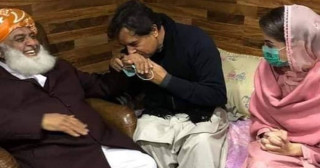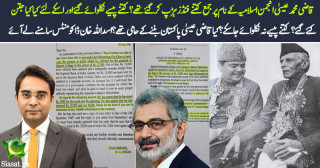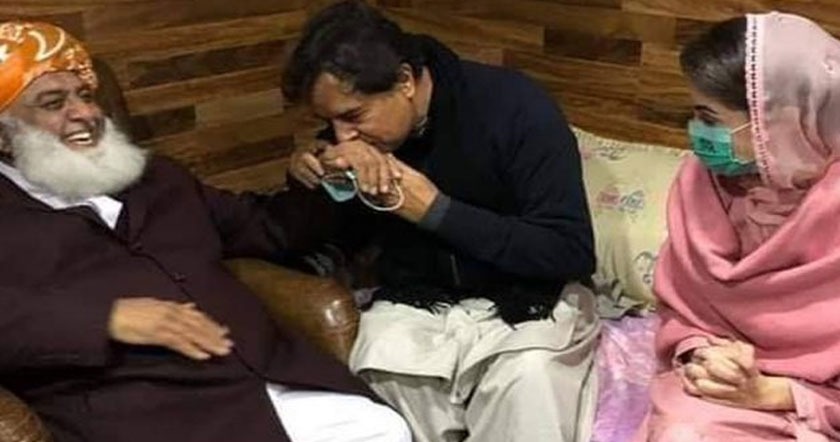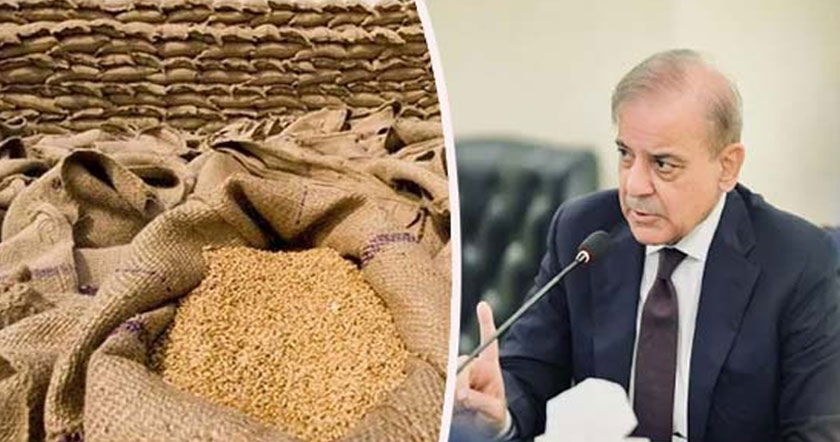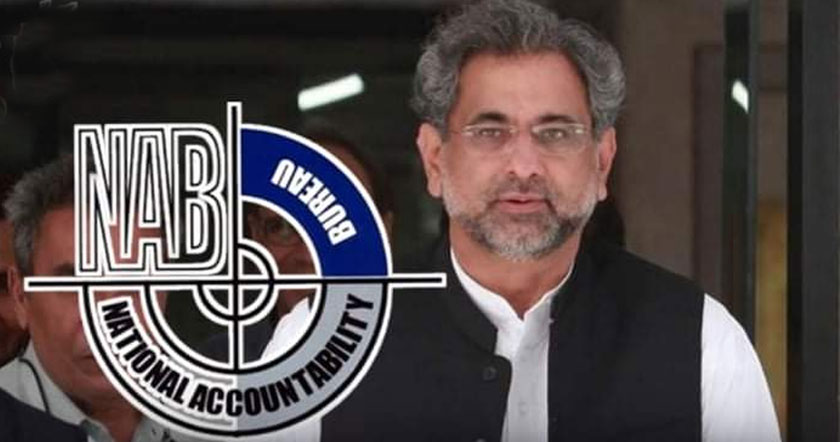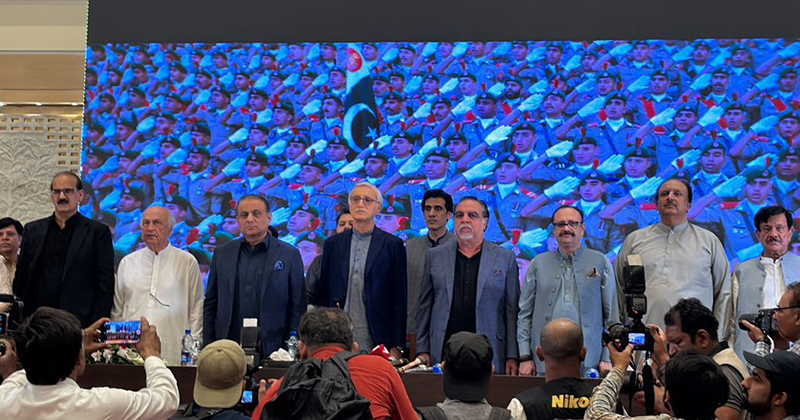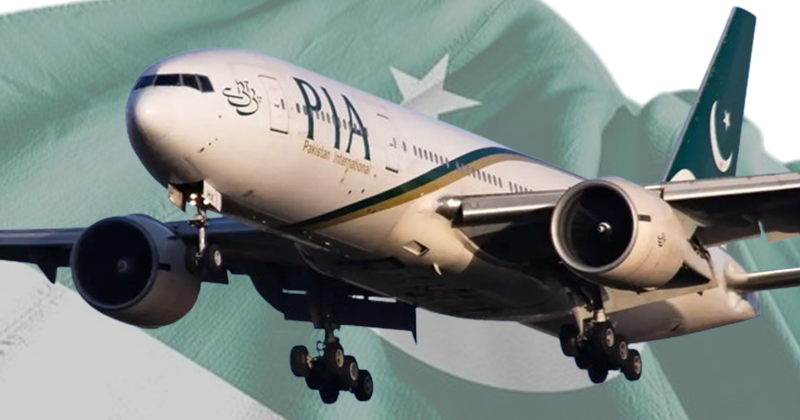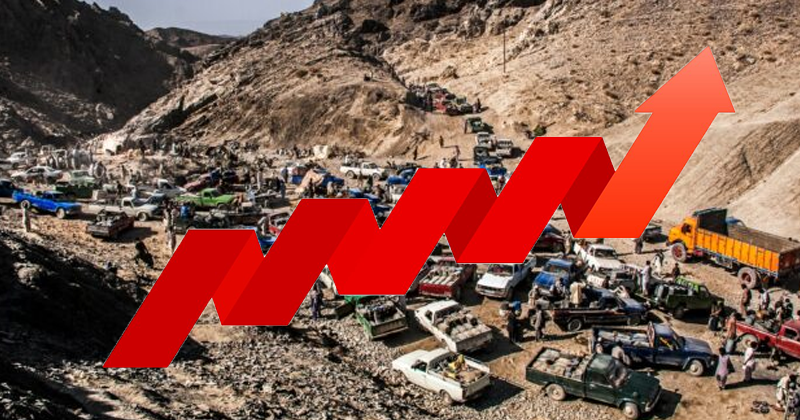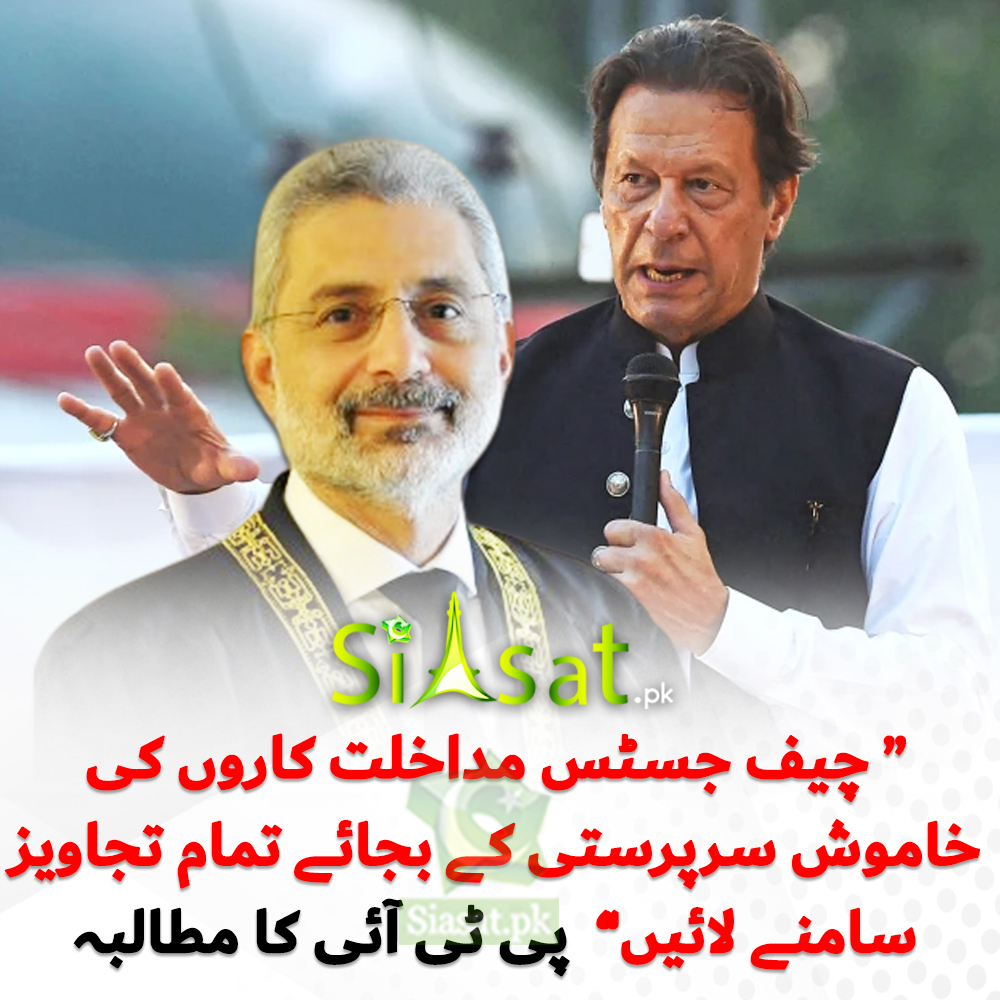Newly emerging centres of power in this unipolar world are making their presence felt and the war for economic supremacy continues in many forms and manifestations. The European Union has become a major economic power, while China and India are among the emerging economic and political powerhouses. Consequently, the sole world power is busy resetting the rules of the game to offset threats to its supremacy in economic and political domains. It got the then world power, USSR, embroiled in a protracted and nerve-breaking conflict in Afghanistan and got it dismembered, finally. Replicating the same model, it wants to undermine Chinas political and economic power by dragging it in the matters of Pakistan. But the world has changed and this strategy would not bear any fruit. The fact that Russia and Spain did not support the resolution against Syria and the Europe left the sole superpower in the lurch, points to impending changes in the global arena. This would, ultimately, result in the establishment of a multi-polar world. In order to attain their stakes and carve out a space in the new world order, the global community has gone into action mode. The EU and China are too focused on becoming economic power hub to play any role in any regional or global conflict. However, this does not mean that they are oblivious to the developments at the global stage. South Asia, which comprises 50% population of the world, occupies strategic position for the future global order. Despite Pakistan having a weak economy overwhelmed by foreign loans and being sandwiched between powerful economies such as China and India, its geographical location renders it important place. This explains why it has become a hotbed of conspiracies where various regional and global powers are playing out their scripts to mark victory over their adversaries. The potential action against our nuclear programme and keeping a strong eye on China by establishing strong foothold in Pakistan are high on the radar screen of the international powers that be. The orchestrated campaign against Pakistans nuclear programme dubbing it unsafe is the seminal point of this heinous grand design. What is worrisome is the fact that these plans have been worked out with cooperation from some elements of the ruling elite. This is manifest from the blanket permission to grant visas to 700 foreigners in 2009 by doing away with immigration rules and regulations. These covert operatives are said to be involved in various objectionable activities. This highly sensitive issue has failed to get sufficient media scrutiny as its criticality warranted.The unending spate of terrorism and incidents of violence in the streets of Pakistan especially Karachi is indicative of the fact that agents of CIA, Blackwater and Mosaad are present in large numbers, whose activities seem geared to keep an eye on nuclear programme besides creating unrest in the country. A clear pattern seems to be discernible. A full-fledged media campaign would be launched at the global level citing some feigned or orchestrated theft of some of our nuclear materials at the hands of these foreign agents. A case would be built up, which would finally end up at the International Court of Justice. The UN has long lost its credibility as a potent and independent organization. Thus the global powers that be would not face much difficulty in getting restriction imposed on Pakistan. This situation must put the patriots and the Pakistani military on the red alert against these heinous conspiracies against the solidarity and integrity of the country. It is responsibility of every one of us to protect this country. There is no denying the fact that atomic programme is the guarantor of our national security and is key to maintaining its regional prestige. It would serve as deterrent against any form of aggression by the countrys adversaries. It is also incumbent upon the people at large to open up their eyes to the grim situation and play their central role in bringing a visionary, honest and capable leadership. It is high time we transformed from crowd into a nation. Every one should be duty bound to send the present exploitative system packing through peaceful and democratic struggle. Pakistan still has the potential to start its journey towards progress and prosperity provided if it gets rid of corruption and leadership crisis.
http://www.thefrontierpost.com/?p=38442
http://www.thefrontierpost.com/?p=38442




